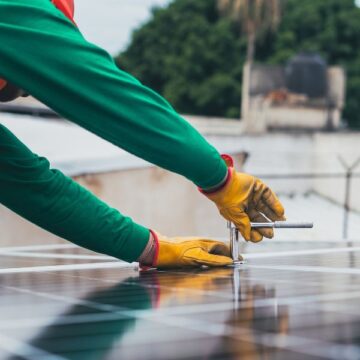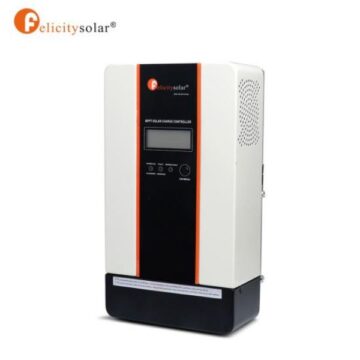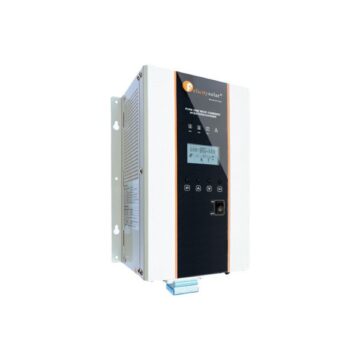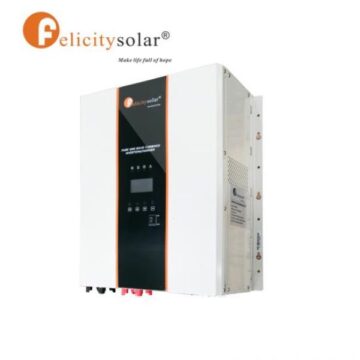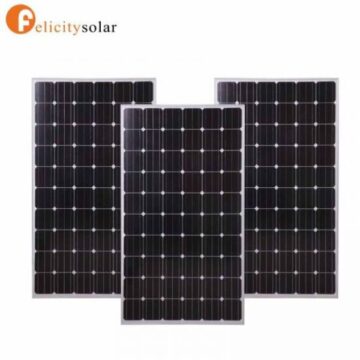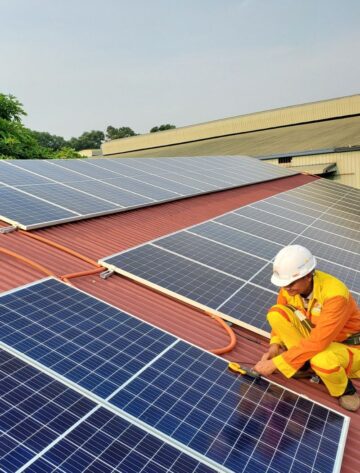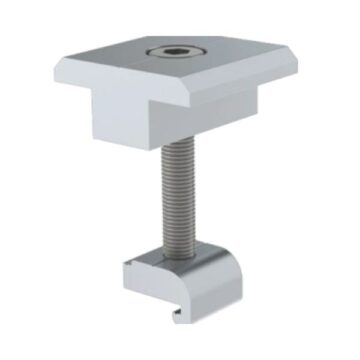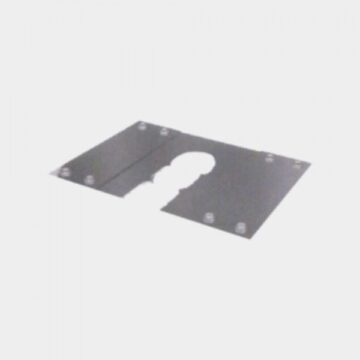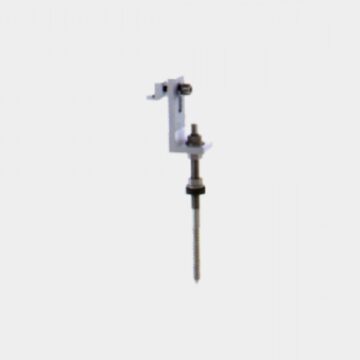An inverter is a vital component of a solar power system in Kenya, transforming the direct current (DC) electricity generated by solar panels into the alternating current (AC) electricity needed to power homes and businesses. Inverters are critical components of grid-connected, off-grid, and hybrid solar power systems. Here’s a more in-depth description of what an inverter is and why it’s needed:
Uses of a Solar Power Inverter in Kenya
Conversion of direct current (DC) to alternating current (AC):
Solar panels create electricity in the form of direct current (DC), which is a unidirectional flow of electrical charge. However, most appliances and equipment in homes and businesses use alternating current (AC), which alternates in direction on a regular basis. An inverter’s principal role is to convert the direct current (DC) electricity generated by solar panels into alternating current (AC).
Grid synchronization (in grid-connected systems):
The inverter in grid-connected solar power systems guarantees that the alternating current (AC) electricity generated by the solar panels is synchronized with the frequency and voltage of the electrical grid. This enables excess electricity to be easily released back into the grid and consumed by other consumers or credited to the utility bill of the system owner.
Voltage Regulation and Quality:
Inverters also help to regulate the voltage and quality of alternating current (AC). They guarantee that the solar system’s electricity fulfills the appropriate criteria for safe and efficient use in the building.
Monitoring and Control:
Many current inverters include monitoring and control features. They give real-time data on the solar power system’s operation, including energy generation, efficiency, and any problems or concerns. Users can use this information to improve system performance.
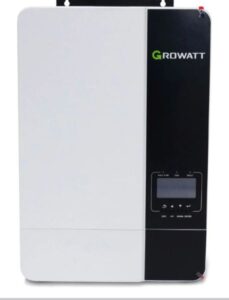
Affordable solar power inverters available in Kenya
There are several types of inverters used in solar power systems in Kenya. At Happy Solar Systems we stock the most affordable and high-quality solar power inverters in Kenya. Check our latest deal on inverters HERE: Also reach us by Call/Text/WhatsApp at 0741 163020
String inverters are widely utilized in residential and small business solar installations. They are intended to handle the output of several series-connected solar panels, or “strings.” A string inverter is usually attached to a set of solar panels on the same roof or array.
Microinverters: Instead of a single central inverter for the entire array, microinverters are put on each individual solar panel. They enable more accurate control and monitoring of each panel’s performance, which is useful in systems with shading or varied panel orientations.
Hybrid inverters: In hybrid solar power systems with battery storage, hybrid inverters are utilized. Between the solar panels, the grid (if connected), and the battery, they control the flow of electricity. With the aid of these inverters, users may store extra solar energy for use during times of poor light or power disruptions.
Off-Grid Inverters: In standalone solar power systems that are not connected to the grid, off-grid inverters are used. They are made to work with battery storage to offer a constant and reliable supply of AC power even when there isn’t any sunlight.
Conclusion on the choice inverters
The solar power system’s individual needs, including its size, configuration, and whether it is grid-tied, off-grid, or hybrid, all influence the inverter that is selected. Due to the variety of inverters available in Kenya, solar power systems can be designed to suit a range of situations and energy requirements.

